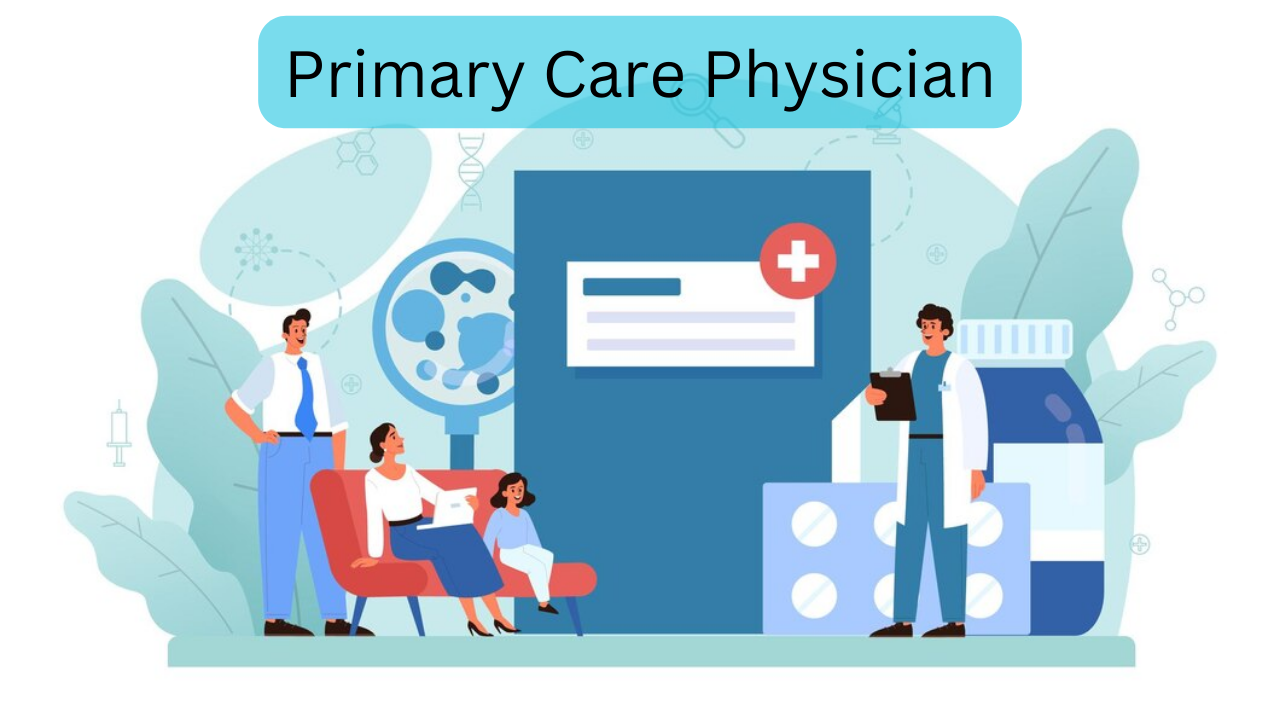Looking for a trusted primary care physician? Dive into this detailed guide to discover the role, importance, and qualities of a PCP. Learn how to find the right one and why regular check-ups are crucial for your well-being.
Introduction
What is a Primary Care Physician? A primary care physician (PCP) is your first point of contact for healthcare needs. They provide preventive care, manage chronic illnesses, and coordinate specialist referrals, focusing on holistic health.
Importance of Primary Care
Benefits of Regular Check-ups Regular visits to a PCP aid in early disease detection and prevention. They focus on preventive care, reducing the risk of severe health issues.
Long-term Health Management PCPs emphasize continuous care, ensuring your health is monitored and managed effectively, promoting overall well-being.
Primary Care vs. Specialty Care
Qualities of a Good Primary Care Physician
Empathy and Communication A great primary care physician (PCP) possesses excellent communication skills and demonstrates genuine empathy towards their patients. They establish trust and build rapport by actively listening to patients’ concerns and providing clear explanations about their health issues and treatment plans.
Diagnostic Skills and Knowledge A proficient PCP exhibits strong diagnostic abilities and a comprehensive understanding of various medical conditions. They use their expertise to accurately assess symptoms, order appropriate tests, and develop personalized treatment strategies tailored to each patient’s unique needs.
Holistic Approach to Care An exceptional PCP adopts a holistic approach, considering not only physical health but also the patient’s mental and emotional well-being. They understand the interconnectedness of various aspects of health and strive to address the overall health of their patients.
Continuity of Care A good PCP focuses on building long-term relationships with their patients, offering continuous care and support throughout various stages of life. They oversee preventive measures, manage chronic conditions, and coordinate specialist care when necessary, ensuring consistent and comprehensive healthcare delivery.
Patient Advocacy and Education An effective PCP acts as an advocate for their patients, empowering them with knowledge and resources to make informed decisions about their health. They educate patients about preventive measures, lifestyle modifications, and treatment options, encouraging active participation in their own healthcare journey.
Role of a Primary Care Physician
Preventive Care A primary care physician plays a pivotal role in preventive healthcare. They focus on keeping patients healthy by emphasizing routine check-ups, vaccinations, screenings, and promoting healthy lifestyle habits. By identifying risk factors early, they aim to prevent diseases before they develop or worsen.
Disease Management PCPs manage a wide range of health conditions, from acute illnesses to chronic diseases. They provide ongoing care for conditions like diabetes, hypertension, asthma, and more. They monitor these conditions, adjust treatments as needed, and coordinate care with specialists to ensure comprehensive management.
Coordination and Referrals One of the key responsibilities of a PCP is to serve as a central point for a patient’s healthcare needs. They coordinate and oversee various aspects of medical care, including referrals to specialists when specialized expertise or treatments are necessary. PCPs facilitate communication between different healthcare providers to ensure continuity and quality of care.
Health Promotion and Education PCPs educate patients about health risks, disease prevention, and lifestyle modifications. They offer guidance on nutrition, exercise, stress management, and other factors that contribute to overall well-being. They empower patients to take an active role in managing their health.
Long-term Doctor-Patient Relationship Building a strong, trusting relationship with patients is a core aspect of a PCP’s role. They get to know their patients’ medical history, personal preferences, and values. This familiarity enables them to provide personalized care and make informed decisions together with the patient.
Services Offered by PCPs
Routine Exams and Screenings Regular check-ups, blood tests, and screenings for various conditions are part of a PCP’s services.
Chronic Disease Management They oversee ongoing conditions, providing continuous support and personalized care plans.
Finding the Right PCP
Factors to Consider Consider proximity, insurance coverage, communication style, and referrals when selecting a PCP.
Tips for Selection Seek recommendations, check credentials, and schedule a consultation to ensure the right fit.
Building Patient-Doctor Rapport
Importance of Trust Trust is fundamental; it fosters open communication and enhances the effectiveness of healthcare.
Effective Communication Clear and open dialogue between patient and PCP ensures mutual understanding and better health outcomes.
Primary Care Physician FAQs
What conditions does a PCP treat?
A PCP treats various conditions from acute illnesses like flu to chronic diseases like asthma or diabetes.
How often should one visit a PCP?
It’s recommended to see a PCP annually for a check-up. However, frequency may vary based on individual health needs.
Conclusion
In summary, a primary care physician serves as the cornerstone of healthcare, emphasizing preventive care, managing diseases, and fostering patient well-being.
